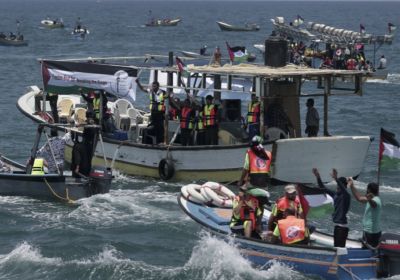
Palestinians injured by Israeli army gunfire during recent peaceful protests sought to break Israel’s illegal maritime blockade of the territory by sailing out to sea on May 30.

Palestinians injured by Israeli army gunfire during recent peaceful protests sought to break Israel’s illegal maritime blockade of the territory by sailing out to sea on May 30.
While the May 14 massacre of protesters by Israeli snipers was occurring in Gaza, United States President Donald Trump was symbolically opening the US Embassy in Jerusalem. Israeli Prime Minister Benjamin Netanyahu was there, heaping praise on Trump.
There were also two pastors present, one to give the opening prayer, the other the closing one. Both pastors were from the extreme rightist, white Christian evangelical community and are well known for their outspoken anti-Semitism and support for Israel.
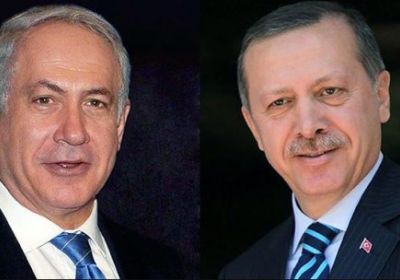
In recent days, Turkish President Recep Tayyip Erdogan and Israeli Prime Minister Benjamin Netanyahu have once again been ratcheting up their clash of the colonisers, writes Marcel Cartier.
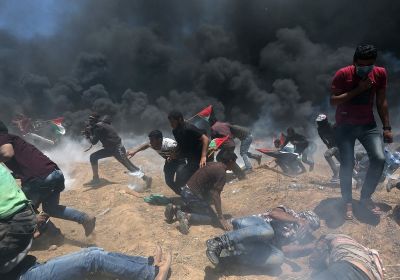
In just over 24 hours on May 14 and 15, the single greatest number of deaths and injuries of Gazans at the hands of the Israeli military since the start of the Great March of Return protests on March 30 occurred. Lisa Gleeson writes Israel’s latest crimes must be a catalyst to strengthen the struggle for Palestinian freedom.
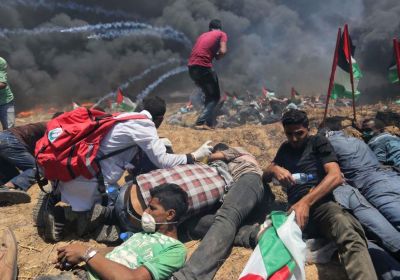
The world saw two starkly opposed moral cultures on May 14, writes Barry Sheppard.

Fifty Palestinians have been killed in Gaza’s eastern perimeter since March 30, five of them children and two journalists, writes Maureen Clare Murphy. The vast majority were participating in the Great March of Return protests, during which no Israelis have been killed or injured.
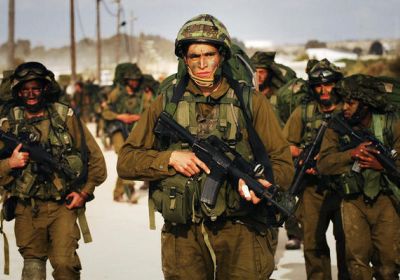
“Israel is carrying out a murderous assault against protesting Palestinians, with its armed forces killing and maiming demonstrators who pose no imminent threat to them,” Amnesty International said on April 27 as thousands of Palestinians taking part in Great March of Return rallies in Gaza faced Israeli bullets for the fifth week in a row.
Over those weeks, Amnesty said, “the Israeli military has killed 35 Palestinians and injured more than 5500 others — some with what appear to be deliberately inflicted life-changing injuries”.